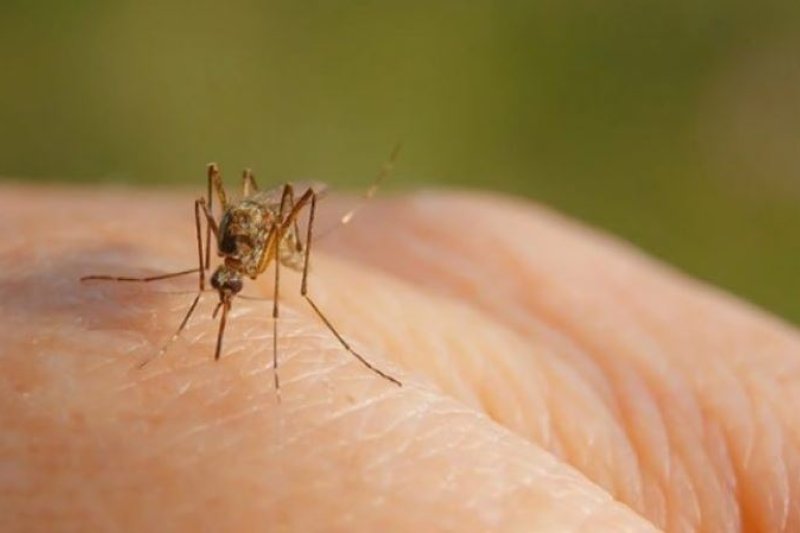Three Victims, 9 Hospitalized in Albania due to West Nile Virus
In Albania was confirmed the first case of the West Nile virus.
Health authorities confirmed that a new case was confirmed in Lushnja and doctors appeal for careful to prevent further spread.
Meanwhile, so far, nine people are hospitalized at the Infective Hospital, while three died from the disease.
West Nile Virus (WNV) can cause neurological disease and death in people. WNV is commonly found in Africa, Europe, the Middle East, North America and West Asia but this summer spread to Europe. WNV is maintained in nature in a cycle involving transmission between birds and mosquitoes. Humans, horses and other mammals can be infected.
West Nile Virus (WNV) is a member of the flavivirus genus and belongs to the Japanese encephalitis antigenic complex of the family Flaviviridae.
West Nile Virus (WNV) was first isolated in a woman in the West Nile district of Uganda in 1937. It was identified in birds (crows and columbiformes) in Nile delta region in 1953. Before 1997 WNV was not considered pathogenic for birds, but at that time in Israel a more virulent strain caused the death of different bird species presenting signs of encephalitis and paralysis. Human infections attributable to WNV have been reported in many countries in the World for over 50 years.
In 1999 a WNV circulating in Israel and Tunisia was imported in New York producing a large and dramatic outbreak that spread throughout the continental United States of America (USA) in the following years. The WNV outbreak in USA (1999-2010) highlighted that importation and establishment of vector-borne pathogens outside their current habitat represent a serious danger to the world.
The largest outbreaks occurred in Greece, Israel, Romania, Russia and USA. Outbreak sites are on major birds migratory routes. In its original range, WNV was prevalent throughout Africa, parts of Europe, Middle East, West Asia, and Australia. Since its introduction in 1999 into USA, the virus has spread and is now widely established from Canada to Venezuela.
Transmission
Human infection is most often the result of bites from infected mosquitoes. Mosquitoes become infected when they feed on infected birds, which circulate the virus in their blood for a few days. The virus eventually gets into the mosquito's salivary glands. During later blood meals (when mosquitoes bite), the virus may be injected into humans and animals, where it can multiply and possibly cause illness.
The virus may also be transmitted through contact with other infected animals, their blood, or other tissues.
A very small proportion of human infections have occurred through organ transplant, blood transfusions and breast milk. There is one reported case of transplacental (mother-to-child) WNV transmission.
To date, no human-to-human transmission of WNV through casual contact has been documented, and no transmission of WNV to health care workers has been reported when standard infection control precautions have been put in place.
Transmission of WNV to laboratory workers has been reported.
Signs and symptoms
Infection with WNV is either asymptomatic (no symptoms) in around 80% of infected people, or can lead to West Nile fever or severe West Nile disease.
About 20% of people who become infected with WNV will develop West Nile fever. Symptoms include fever, headache, tiredness, and body aches, nausea, vomiting, occasionally with a skin rash (on the trunk of the body) and swollen lymph glands.
The symptoms of severe disease (also called neuroinvasive disease, such as West Nile encephalitis or meningitis or West Nile poliomyelitis) include headache, high fever, neck stiffness, stupor, disorientation, coma, tremors, convulsions, muscle weakness, and paralysis. It is estimated that approximately 1 in 150 persons infected with the West Nile virus will develop a more severe form of disease. Serious illness can occur in people of any age, however people over the age of 50 and some immunocompromised persons (for example, transplant patients) are at the highest risk for getting severely ill when infected with WNV.
The incubation period is usually 3 to 14 days.













